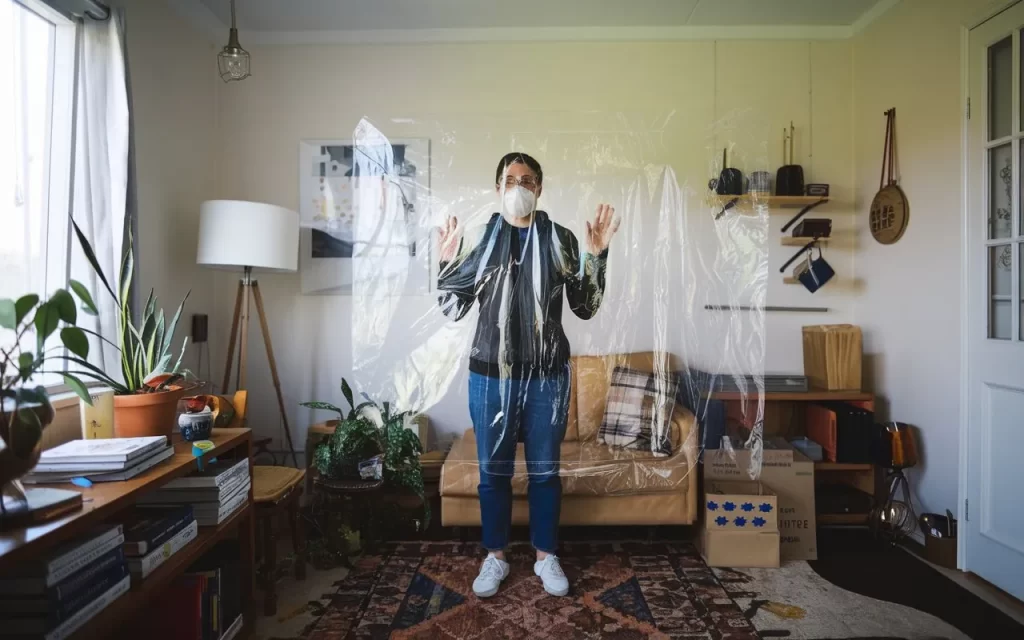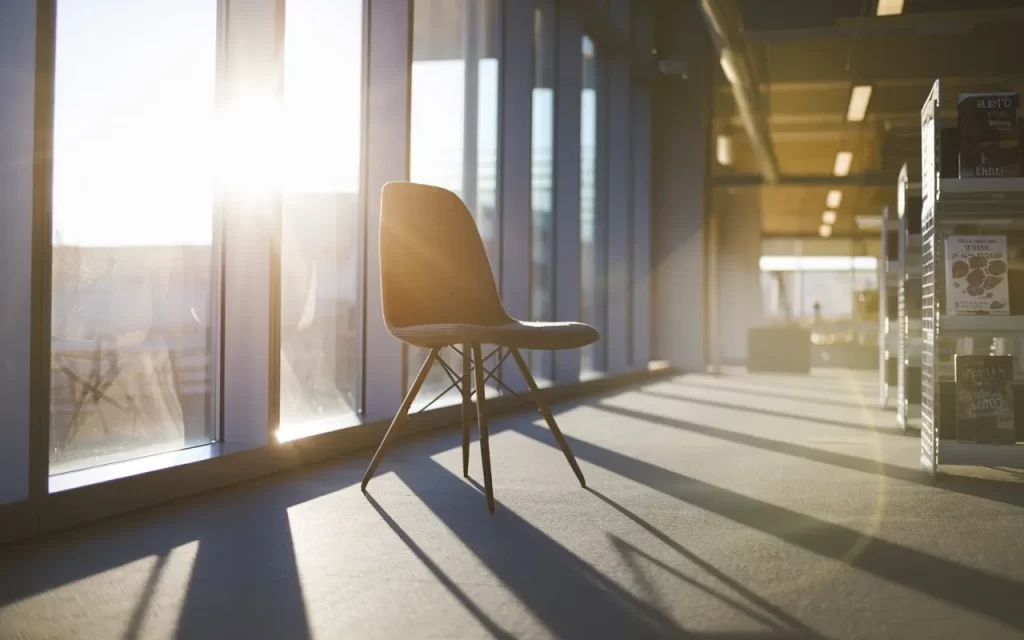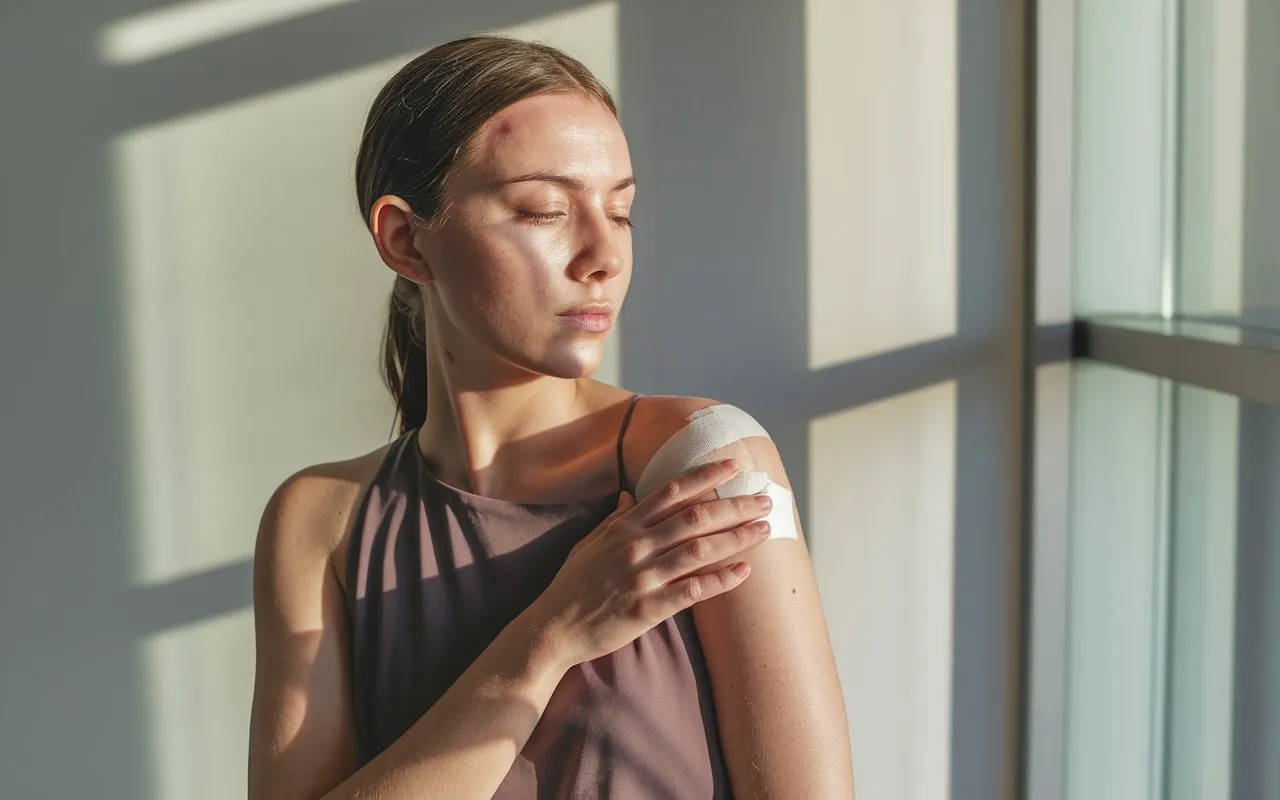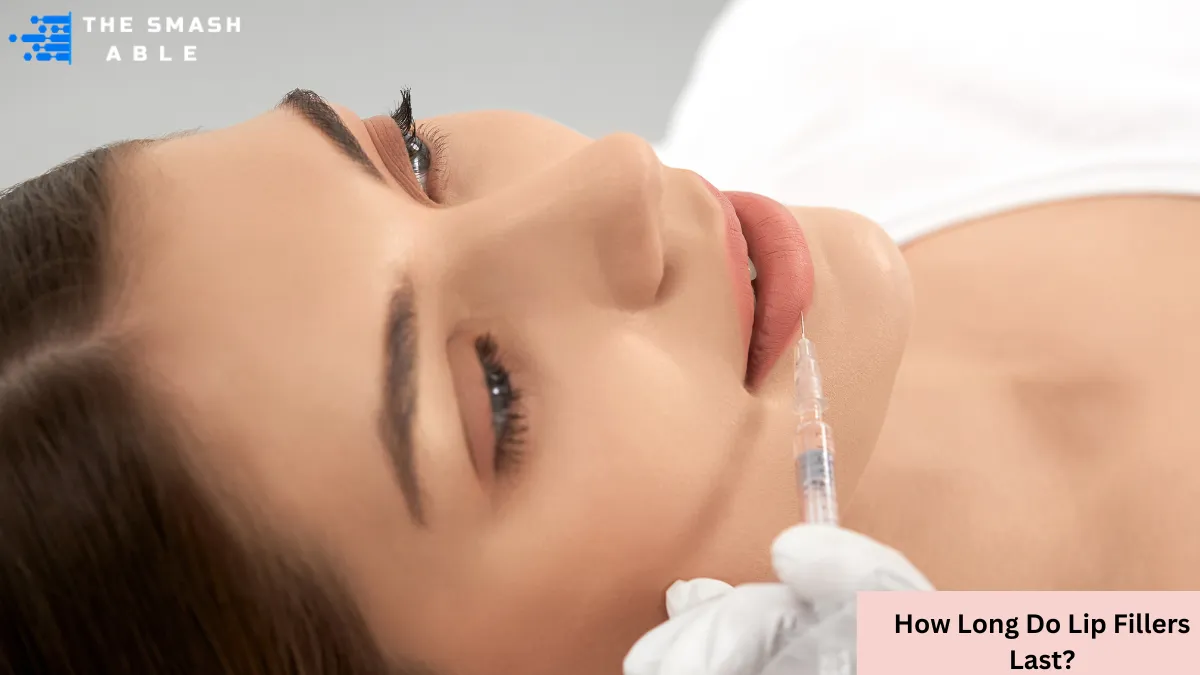Table of Contents
We all know that too much sun exposure can lead to sunburn, but what about when you’re indoors? Can you get sunburned through a window, especially with ordinary glass?? This question might surprise you, but the truth is even more shocking.
In this article, we’ll explore how UV rays work, the role windows play in blocking or letting in sunlight, and the potential risks to your skin even when you’re inside.
Can you get sunburned through a window? What Causes Sunburn?
Before we discuss whether or not you can get sunburned through a window, it’s essential to understand how ultraviolet rays cause skin damage and the risk of sunburn through glass. Sunburn occurs when your skin is exposed to excessive UV radiation from the sun. Two types of UV rays—UVA and UVB—affect the skin.
- UVA rays Deep skin penetration by this radiation might result in long-term damage, such as wrinkles, skin aging, and increased skin cancer risk, especially if exposed to direct sunlight.
- UVB Rays: These shorter rays cause most sunburns. They directly affect the top layer of the skin, leading to redness, pain, and peeling, especially when exposed to direct sunlight.
But what role does glass play in this? Does a window protect us from harmful rays?
Can you get sunburned through a window? Can You Get Sunburned Through a Window?
Now to the big question: Can you get sunburned through a window? The answer is yes and no, depending on the window type and the SPF protection level used. It depends on the type of glass, such as ordinary or tinted windows, and how much direct sunlight you’re exposed to.
The Science Behind UV Rays and Windows
Most windows block UVB rays, which are the primary cause of sunburn. Standard glass windows, however, cannot wholly prevent UVA rays, which can cause long-term harm by penetrating deeply into your skin. So, while you may not get a traditional sunburn from UVA rays, you are still exposing your skin to risks.
Different Types of Glass
Windows are not made equally; some can allow enough UV rays to cause skin aging and increase the risk of getting sunburnt. Let’s examine the different kinds of glass and how well they block UV light, which can affect your chances of getting sunburnt through a window:
- Standard Glass Windows Ordinary glass can block most UVB rays but let in a large portion of UVA rays, contributing to skin damage and increasing the likelihood of sunburnt through windows. This means you won’t get sunburn, but your skin can still suffer damage over time.
- She tempered or Laminated Glass: These types offer better protection, blocking more UVA rays and offering a higher level of UV protection.
- Tinted Windows can help prevent you from getting sunburnt through a window.: These are commonly used in cars and some buildings, particularly car windows, which may have different UV protection levels. They reduce both UVA and UVB rays, offering the best protection from harmful UV rays and minimizing the risk of sunburn.
Does Sun Exposure Through Windows Increase Skin Cancer Risk?
While you may not experience a classic sunburn from UVA exposure through a window, the cumulative damage can still contribute to skin cancer and other skin damage. Long-term exposure to UVA rays is linked to melanoma and other skin cancers. So, while you might feel safe sitting by a sunny window, you could still risk your skin’s health in the long run.
Can you get sunburned through a window? How to Protect Yourself Indoors

Now that you know you can get sunburned through a window or at least damage your skin, what can you do to protect yourself?
Apply Sunscreen Indoors
You heard that right—sunscreen isn’t just for the beach. If you spend a lot of time sitting near windows, wearing sunscreen is a good idea, especially on your face, hands, and arms. Select a sunscreen that provides broad-spectrum protection and can shield the skin from UVA and UVB radiation.
Use UV-Protective Window Films
Another great way to protect yourself is by installing UV-blocking window film, which can help prevent you from getting sunburnt through glass. These films can be applied to standard windows and are highly effective at reducing both UVA and UVB radiation to help prevent sunburn through windows.
Wear Protective Clothing
If applying sunscreen indoors seems like too much effort, wearing light, long-sleeved clothing can offer protection against sunburn through a window. UV-blocking clothes are another excellent option.
Consider Using Curtains or Blinds
If you spend most of your time next to a sunny window, consider drawing the blinds or curtains during the peak UV hours, which are between 10 AM and 4 PM. This simple step can greatly reduce your UV exposure.
Common Myths About Sunburn and Windows
There are plenty of myths surrounding sunburns, especially when it comes to indoor exposure. Let’s debunk a few common misconceptions:
You Can’t Get Sunburned Indoors
As we’ve already discussed, while it’s unlikely you’ll get sunburned in the traditional sense, UVA rays can still penetrate windows and damage your skin. So, even though you may not see the immediate effects, the risk of long-term damage is real.
Cloudy Days Mean No UV Rays
It’s easy to think that clouds block UV rays, but that’s not the case. Up to 80% of UV rays can pass through clouds, meaning you’re still at risk whether you’re outside or sitting by a window on a cloudy day.
Car Windows Offer Full Protection
Car windows are often tinted to provide some UV protection, but many don’t fully block UVA rays. This means you could still be exposed to harmful radiation while driving.
Can You Get Sunburned Through a Window at Work?

Many people wonder if sitting near a sunny window at work can expose them to harmful UV rays. The answer, as you’ve learned, is yes—you can get sunburned through a window, or more accurately, you can suffer skin damage from UVA exposure. If your desk is near a window, consider taking steps to protect yourself. Wear sunscreen or position yourself away from direct sunlight to reduce the risk.
Also Read: Can You Get Sunburned Through a Window at Work?
Protect Your Skin Indoors and Out
While you can get sunburned through a window, which is not entirely true in the traditional sense, UVA rays can still penetrate glass and cause long-term skin damage. So, whether you’re driving, sitting at home, or working near a sunny window, it’s critical to take precautions to protect your skin from damaging UV rays.




